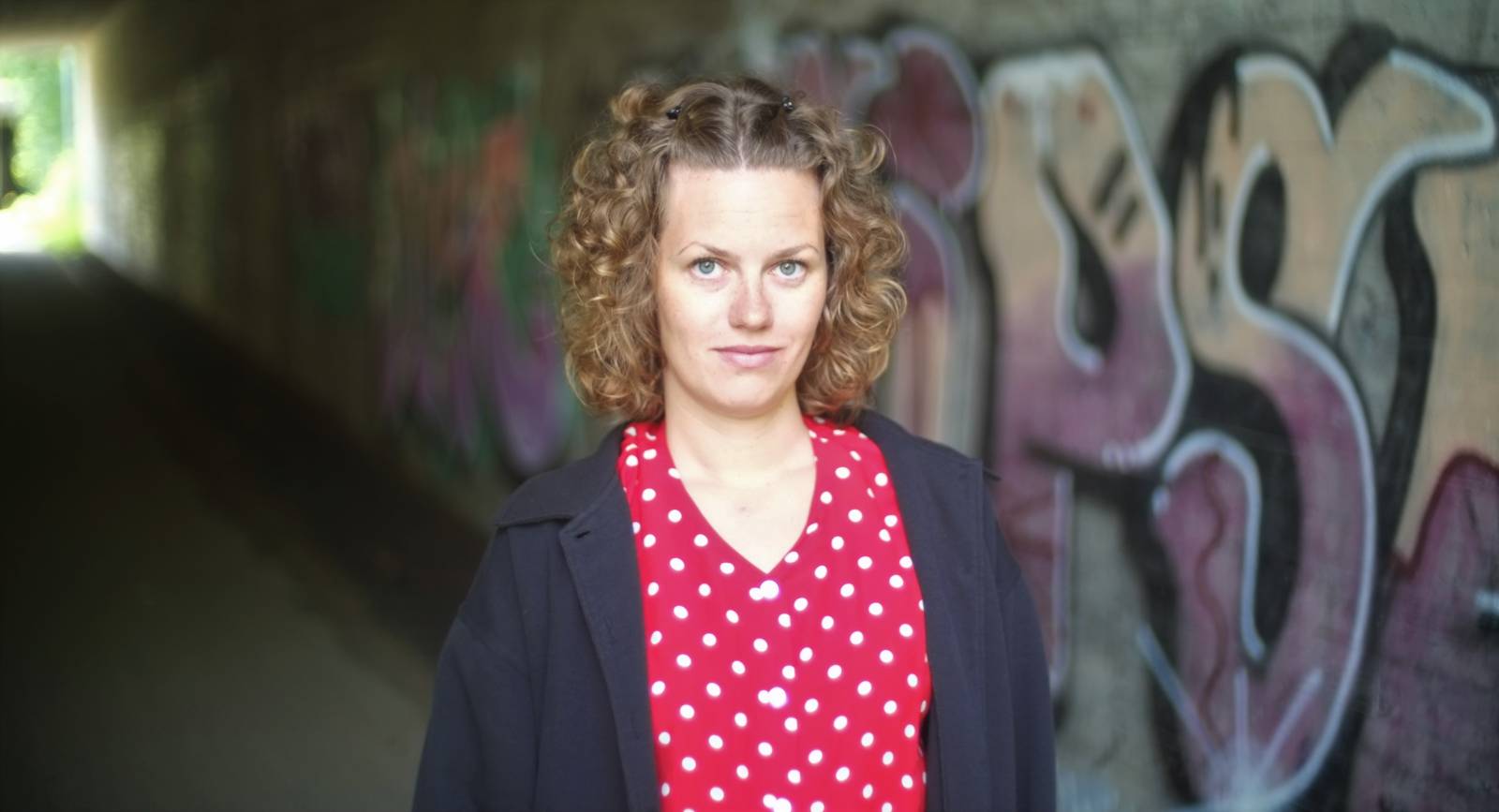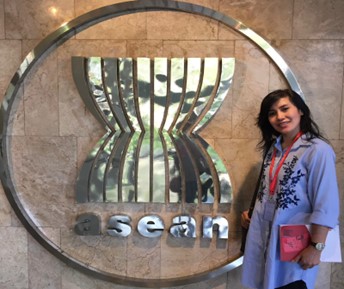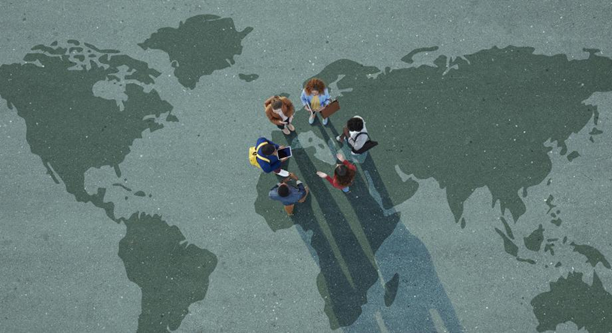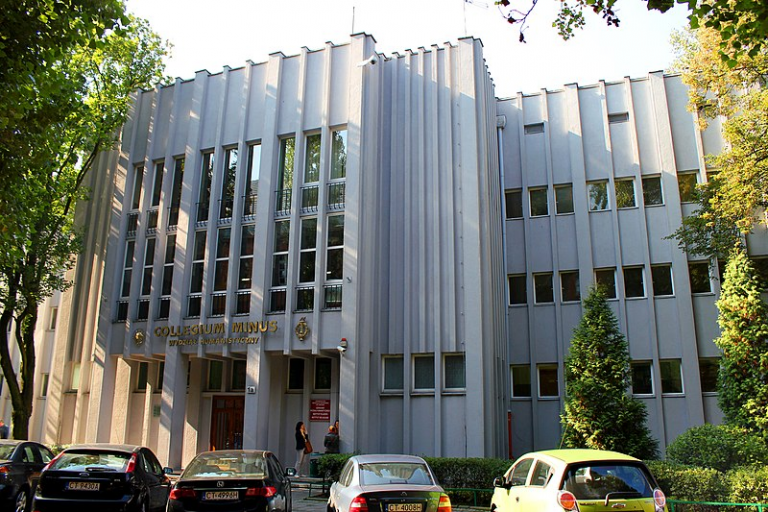What does law have to do with self-improvement? Law is a tool for creating or destroying opportunities for self-improvement. In my doctoral dissertation, examined in September, I studied what these possibilities look like in the tridimensionality of law.
The Constitution of Finland provides for educational and cultural rights. The section of educational rights (16) guarantees the right to education and self-improvement, as well as freedom of science, arts and higher education.
In my dissertation, I focus on self-improvement. According to the section 16.2, the public authorities shall guarantee for everyone an equal opportunity to develop themselves without being prevented by economic hardship, that is, regardless of the individual’s economic situation. I call it a right to self-improvement.
The key research question is, what and how self-improvement right is. I answer the question by applying the three-dimensional theory of law. According to it, law consists of legal norms, values and reality.
Norms: Right to Self-Improvement
The right to self-improvement was decreed as part of the fundamental rights reform that came into force in 1995. According to the preparatory documents for the fundamental rights reform, self-improvement includes the acquisition of knowledge, scientific and artistic activities, enjoyment of art, and the exercise of physical activity and other body culture. The removal of economic obstacles concerning self-improvement is not specified in preparatory documents nor in legislation.
The content of the right to self-improvement should be defined at the level of ordinary act. I argue that, because of its intersecting nature, it should be enforced through legislation that implements both cultural rights (services) and social rights (social benefits). Perhaps that is why the implementation of the right to self-improvement is fragmented – as a matter of fact, it is barely recognized.
Values: Pluralism
The pluralism of values underlies the right to self-improvement. Its core values are justice and basic needs, which are glued together by human dignity. Human dignity is the most fundamental as it is inviolable and absolute. At the same time, human dignity justifies the necessity of equality in self-improvement.
The value of justice, in turn, manifests itself both at the individual and institutional level. There is no single conception of justice. Although efforts are made at the institutional level to produce an integrated conception of justice, the individual level shows that justice is highly variable.
Basic needs are both concrete needs and abstract values at the same time. They are the same for everyone: for example, everyone has a need to experience meaningfulness and relatedness. The differences are made up of what kind of support is required to meet the needs. For instance, the poor might need financial aid, but the social climate must be favorable as well.
Reality: Poverty and Inequality
Despite the norms and values, self-improvement is marked by inequality in the reality dimension. Poverty is a manifestation of inequality.
Modern poverty is relative, that is, the inability to achieve a standard of living that is considered normal. Poverty can be defined quantitatively; in 2021, for example, well over thirteen per cent of the Finnish housing population were with a low income. On the other hand, poverty appears on a qualitative level, as a personal experience of poverty. All the same, poverty touches a significant number of people.
Poverty reduces opportunities for self-improvement. However, self-improvement is not limited to activities such as sports or cultural activities. It has a mental side which refers to a deeper level, development as a person. Poverty is destructive as it reduces not only the possibilities of doing and acting but more broadly the possibilities of developing and flourishing as a person.
Summary
Norms, values and reality interact with each other. They have shared areas, but they are also somehow autonomous. Legal norms implement values inadequately and are unable to entirely rule the reality. Attention must be paid to the extent to which legal norms create opportunities and limits for self-improvement.
The realization of the right to self-improvement requires firstly its recognition and secondly knowledge of the content. Indeed, the most significant contribution of my dissertation is to the above, as it locates the right to self-improvement and creates content for it, especially from the point of view of the poor. In addition, it demonstrates to the public authorities even stronger basis for fighting poverty and increasing equality around self-improvement.
Essentially, it is about guaranteeing the conditions for a decent life for everyone. That, if anything, is the essence of the democratic rule of law.
The doctoral dissertation ‘Self-Improvement in Poverty’ was publicly examined at the Faculty of Management and Business on 1st of September 2023. The dissertation (in Finnish) is available online at Trepo publication archive.
Iina Järvinen, PhD (Public Law)






Kommentit